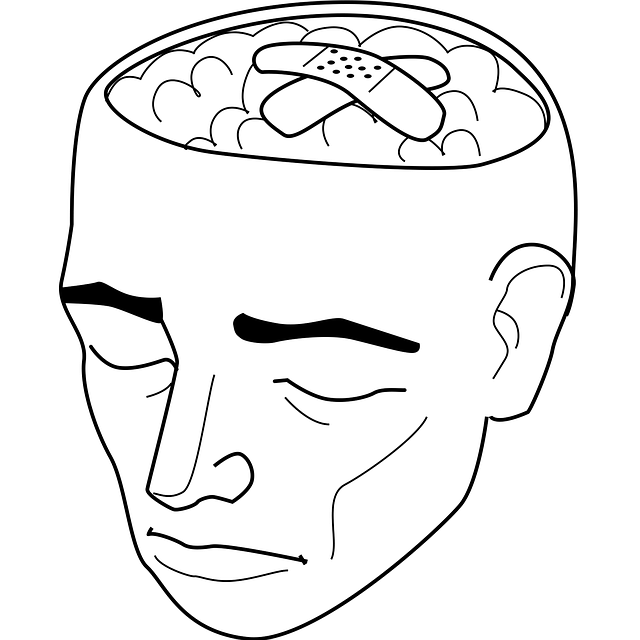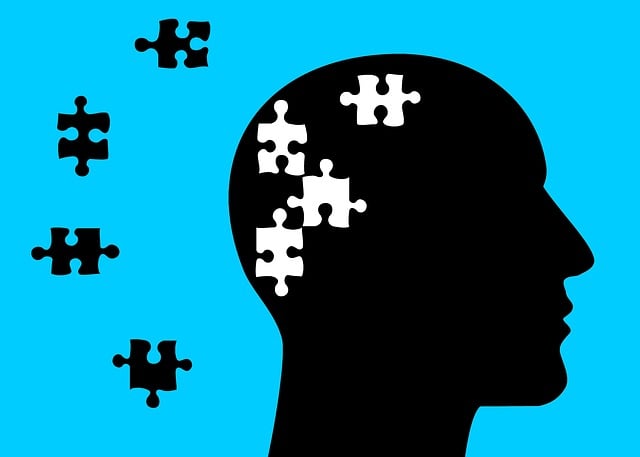Broomfield Mandarin Chinese Speaking Therapy is a specialized service addressing stigma and language barriers in mental healthcare for Chinese-speaking communities. They offer tailored therapy sessions, journaling guidance, trauma support, and emotional well-being promotion techniques to reduce cultural misconceptions and promote open dialogue about mental health. Through education, awareness campaigns, supportive communities, and policy initiatives, Broomfield Mandarin Chinese Speaking Therapy disrupts harmful narratives, encouraging individuals from diverse backgrounds to prioritize their emotional well-being without judgment or hesitation.
Mental illness stigma remains a pervasive global issue, hindering individuals from seeking support. This article explores targeted efforts to reduce this barrier, focusing on diverse strategies such as cultural sensitivity through initiatives like Broomfield Mandarin Chinese Speaking Therapy, education and awareness campaigns to dispel misconceptions, supportive communities fostering safety, and responsible media representation driving positive change in perception.
- Understanding Mental Illness Stigma: A Global Issue
- The Role of Cultural Sensitivity: Broomfield Mandarin Chinese Speaking Therapy
- Education and Awareness: Unraveling Misconceptions
- Supportive Communities: Building Safe Spaces
- Policy and Media Representation: Driving Positive Change
Understanding Mental Illness Stigma: A Global Issue

Mental illness stigma is a pervasive global issue that affects individuals from all walks of life. It creates barriers to seeking help and can lead to isolation, discrimination, and even harm. Understanding mental illness is crucial in reducing this stigma, which often stems from misinformation and fear. The impact is felt across communities, with many suffering in silence due to societal perceptions and negative attitudes towards conditions like depression, anxiety, and psychosis.
Broomfield Mandarin Chinese Speaking Therapy plays a vital role in combating this global challenge. They provide tailored support by offering therapy sessions that cater to the unique needs of bilingual individuals, fostering resilience building through mental wellness journaling exercises guidance. By challenging existing narratives and promoting open conversations, these efforts contribute significantly to mental illness stigma reduction efforts on a local and global scale.
The Role of Cultural Sensitivity: Broomfield Mandarin Chinese Speaking Therapy

In the context of mental illness stigma reduction, Broomfield Mandarin Chinese Speaking Therapy plays a pivotal role by addressing cultural sensitivity in mental healthcare practice. Many individuals from the Chinese-speaking community face unique challenges when seeking support for their emotional well-being due to language barriers and cultural misconceptions. This specialized therapy offers a safe space where individuals can access Trauma Support Services tailored to their linguistic and cultural needs, fostering open conversations about mental health issues.
By employing Emotional Well-being Promotion Techniques that are culturally attuned, Broomfield Mandarin Chinese Speaking Therapy helps bridge the gap between diverse communities and mental healthcare systems. The approach ensures that therapeutic practices are accessible, relevant, and respectful of the client’s cultural background, thereby reducing stigma and encouraging more individuals to prioritize their mental health.
Education and Awareness: Unraveling Misconceptions

Mental illness stigma is a complex issue, deeply rooted in societal misconceptions and lack of understanding. Education and awareness campaigns play a pivotal role in unraveling these myths. By providing accurate information about mental health conditions, we can challenge stereotypes often perpetuated by media and personal biases. Broomfield Mandarin Chinese Speaking Therapy has been at the forefront of these efforts, reaching out to diverse communities through cultural-specific programs that address unique barriers to seeking help.
These initiatives aim to educate not only the general public but also mental health professionals. Topics such as stress management, conflict resolution techniques, and risk assessment are integral to these awareness drives. Equipping individuals with knowledge enables them to recognize signs of distress in themselves and others, fostering an environment where support is offered without judgment. Through open conversations and shared resources, we can collectively work towards reducing the stigma surrounding mental illness, ultimately encouraging those in need to seek professional help without hesitation.
Supportive Communities: Building Safe Spaces

Supportive communities play a pivotal role in reducing the stigma surrounding mental illness by fostering understanding and acceptance. These safe spaces, such as those offered by Broomfield Mandarin Chinese Speaking Therapy, provide individuals from diverse cultural backgrounds with a sense of belonging and trust. In these environments, people can openly discuss their experiences without fear of judgment or discrimination, breaking down barriers that often isolate those struggling with mental health issues.
Cultural competency training for healthcare providers is an integral part of this process. By equipping professionals with the knowledge and skills to understand and address cultural nuances in mental health care, they can offer more personalized and effective support. This, coupled with risk assessment tools designed specifically for mental health professionals, ensures that individuals from all walks of life receive the compassionate and competent care they deserve, ultimately contributing to a more inclusive and supportive society for those navigating mental illness.
Policy and Media Representation: Driving Positive Change

Policy and Media Representation play a pivotal role in reducing the stigma surrounding mental illness. Effective legislation and inclusive media narratives can significantly drive positive change. For instance, Broomfield Mandarin Chinese Speaking Therapy has been at the forefront of this movement, offering specialized services tailored to the unique needs of the growing Mandarin-speaking community. By providing access to therapy in their native language, they bridge cultural gaps and foster trust within marginalized communities.
Media platforms have the power to shape public perception. Implementing compassion cultivation practices and highlighting successful recovery stories can humanize mental health struggles. This shift in perspective encourages open dialogue and fosters understanding. Moreover, organizations like Stress Management Workshops focus on educating the public about various tools for mood management, thereby promoting proactive mental wellness. Such initiatives collectively contribute to a more supportive environment where individuals with mental illness feel empowered to seek help without fear of judgment.
Mental illness stigma, a global concern, can be effectively addressed through a multifaceted approach. By increasing education and awareness, fostering supportive communities, and advocating for positive media representation, we can create a more inclusive society. The success of initiatives like the Broomfield Mandarin Chinese Speaking Therapy demonstrates that tailored, culturally sensitive interventions are key to reducing stigma. Together, these efforts can lead to improved mental health outcomes and enhanced social acceptance for individuals dealing with mental illness worldwide.














